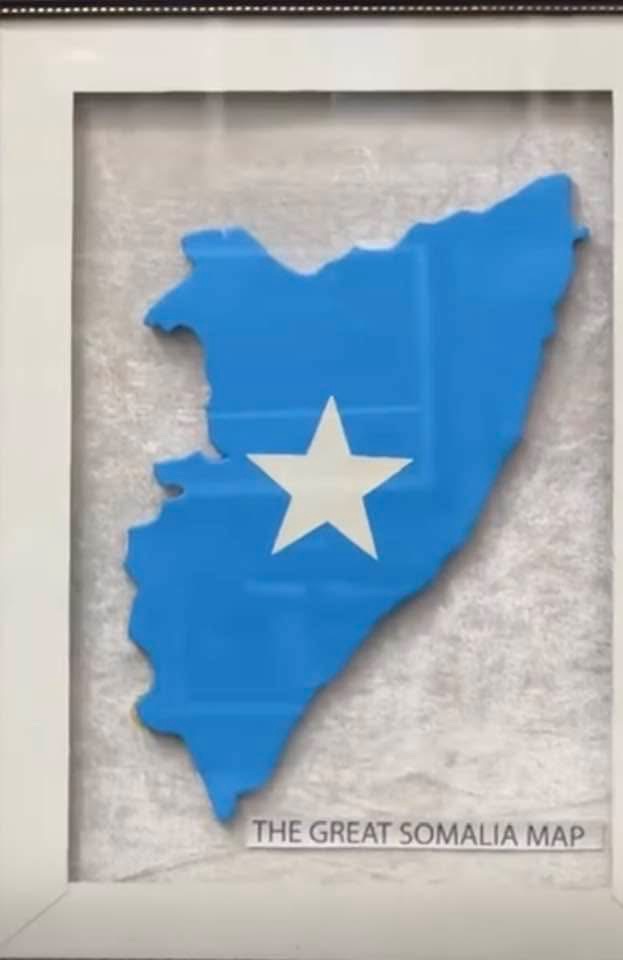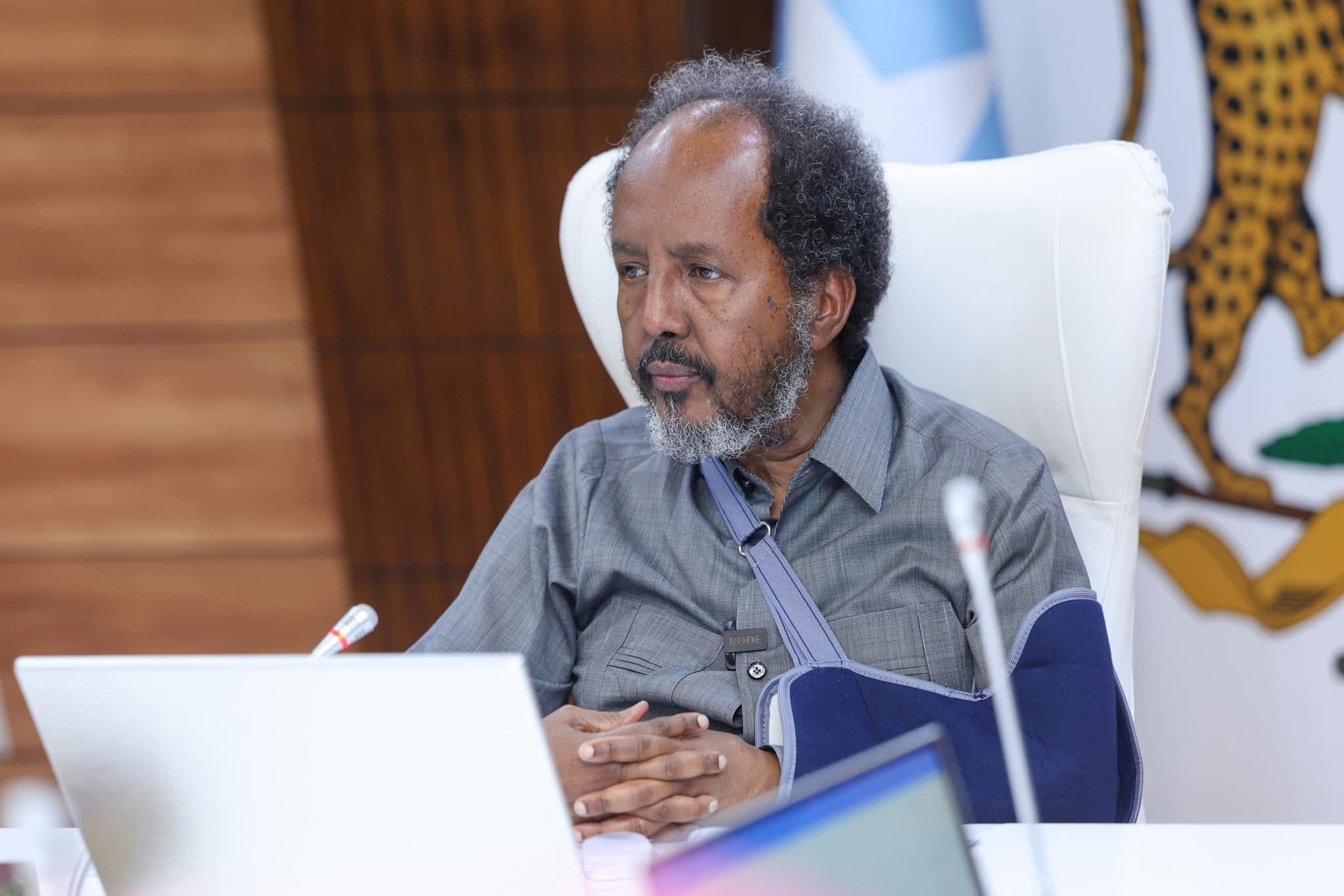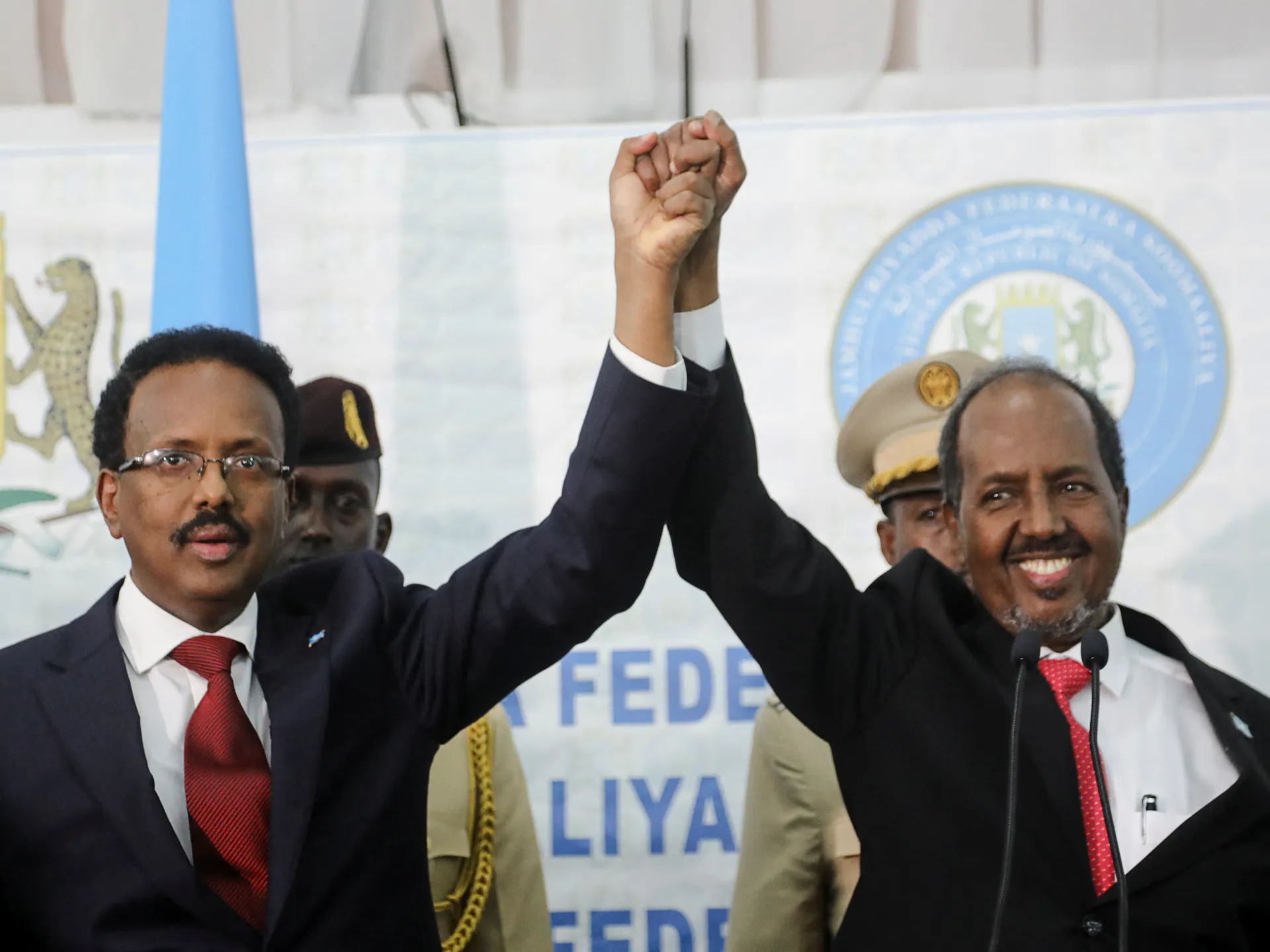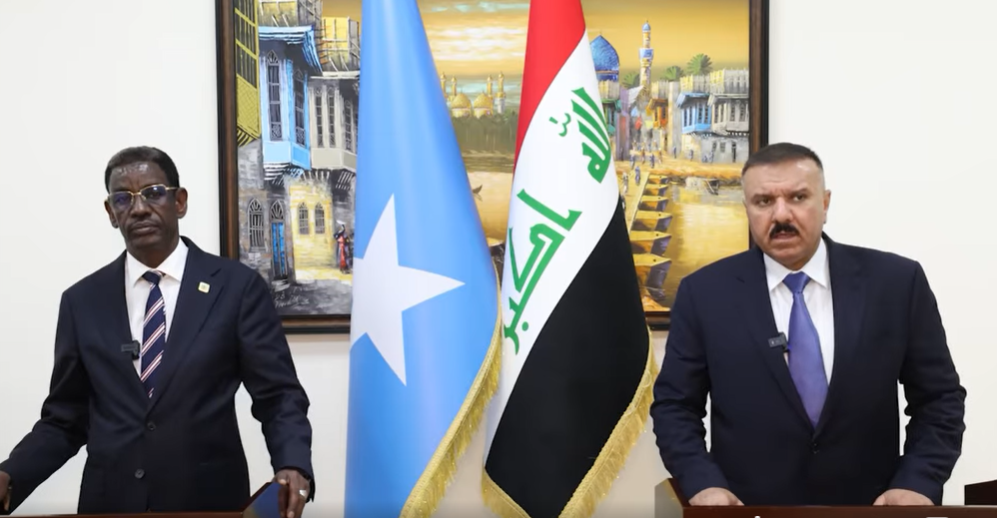Kenya has positioned itself as a key player in peacekeeping and conflict resolution across Africa and beyond. However, beneath its image as a neutral mediator, there are growing concerns that the country is being used as a tool for Western powers to enforce their geopolitical interests. From Somalia to Sudan, Haiti, and even Palestine, Kenya’s involvement in international conflicts appears to serve external agendas rather than the interests of its own struggling citizens.
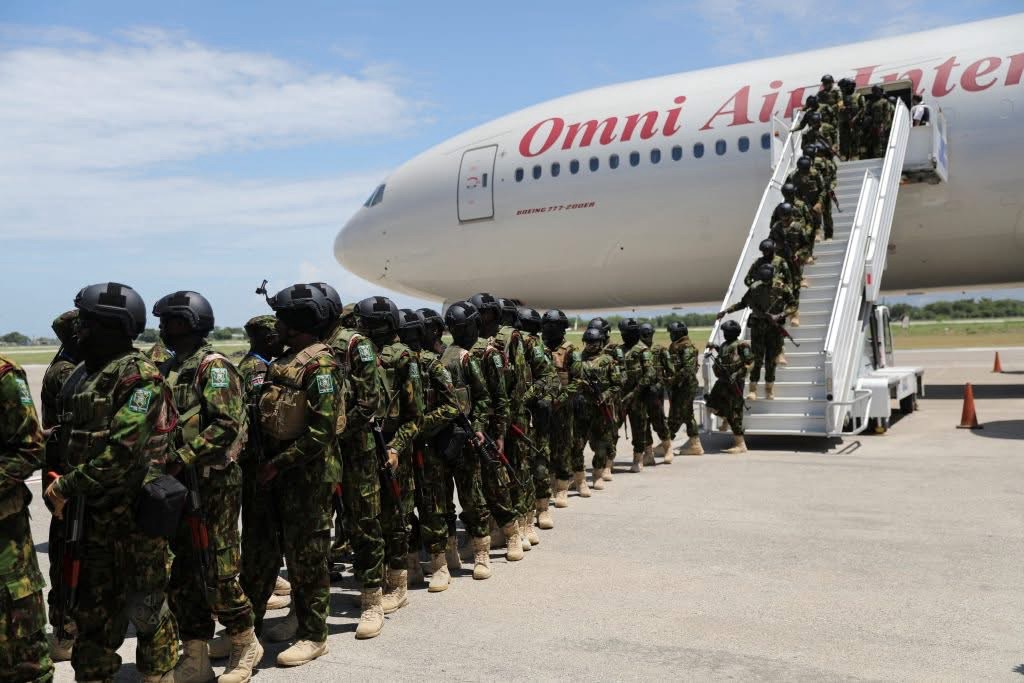
Somalia: An Uninvited Occupation?
Kenya’s military involvement in Somalia dates back to 2011, when it launched Operation Linda Nchi, an invasion aimed at combating the Al-Shabaab militant group. However, this intervention was carried out without the consent of Somalia’s central government. What started as a unilateral invasion eventually morphed into Kenya’s integration into the African Union Mission in Somalia (AMISOM), allowing its forces to remain under an international peacekeeping mandate.
Critics argue that Kenya exploited Somalia’s political instability to secure long-term influence, particularly in the Jubaland region, where Kenyan-backed militias have been accused of acting in Nairobi’s interests. Kenya has also been accused of fueling divisions within Somalia’s fragile government, prolonging instability while advancing its own economic and security objectives.
Sudan and South Sudan: Profiting from Chaos
In Sudan, Kenya has positioned itself as a mediator in the ongoing conflict between the Sudanese Armed Forces (SAF) and the Rapid Support Forces (RSF). However, reports suggest that Nairobi has covertly supported the rebels, ensuring that the conflict remains prolonged while benefiting from the resulting instability.
Kenya has also played a significant role in South Sudan, profiting from the war-induced displacement of millions. Kenyan businesses have gained from the administrative vacuum left by the conflict, taking over essential services and profiting from refugee-related industries such as remittances, logistics, and employment of South Sudanese professionals. Critics argue that Kenya has found a way to monetize suffering while maintaining the image of a peace facilitator.
Haiti: A Mission for Kenya or for Washington?
Perhaps Kenya’s most controversial international engagement is its decision to lead a United Nations-backed security mission in Haiti. While the deployment of Kenyan police officers to the Caribbean nation is framed as a humanitarian effort to restore order, many see it as an extension of U.S. influence. The U.S. has faced resistance to direct intervention in Haiti due to its historical failures in the country, and Kenya has seemingly stepped in to do Washington’s bidding.
Kenya’s deployment in Haiti raises critical questions: Why is Kenya, a country facing its own internal security and governance challenges, taking on the responsibility of pacifying a nation thousands of miles away? Is this truly about global peacekeeping, or is Kenya being used as a proxy for American interests in the region?
Palestine: Standing with Israel Despite Global Outrage
In the Israel-Palestine conflict, Kenya has openly sided with Israel, even as the world witnesses the devastating impact of Israel’s military actions in Gaza. While numerous nations have condemned the Israeli government for alleged war crimes, Kenya has maintained its alliance with Tel Aviv. This unwavering support comes despite mounting evidence of civilian casualties and accusations of genocide against the Palestinian people.
Kenya’s foreign policy in the Middle East appears to be heavily influenced by its close ties with the United States and its Western allies. This stance has sparked criticism from Kenyan citizens and human rights organizations, who argue that the country should take a more balanced and independent position on international conflicts.
Kenya’s Domestic Crisis: A Nation in Economic Turmoil
While Kenya remains deeply engaged in international affairs, its own citizens are grappling with severe economic challenges. Unemployment is at an all-time high, inflation continues to rise, and living conditions are deteriorating for the majority of the population. The youth, particularly Generation Z, have become increasingly vocal in their dissatisfaction with President William Ruto’s administration.
Mass protests have erupted across the country, with young Kenyans demanding better governance, job opportunities, and an end to corruption. Many believe that Kenya’s resources should be directed toward improving domestic infrastructure and addressing economic hardships rather than serving foreign interests.
Is Kenya Losing Its Sovereignty?
Kenya’s growing role in global conflicts raises a fundamental question: Is the country making independent decisions, or is it being manipulated by Western powers? As Kenya continues to commit its military and police forces to international missions, the Kenyan people are left wondering whether their government truly represents their interests—or if it has become a pawn in a larger geopolitical game.
With an increasingly restless population, the Ruto administration faces a critical moment. If Kenya continues on its current path, it risks deeper internal instability, further economic decline, and a loss of sovereignty in its foreign policy. The choice now lies with Kenya’s leadership: to prioritize its own people or to remain a willing enforcer of external agendas.
